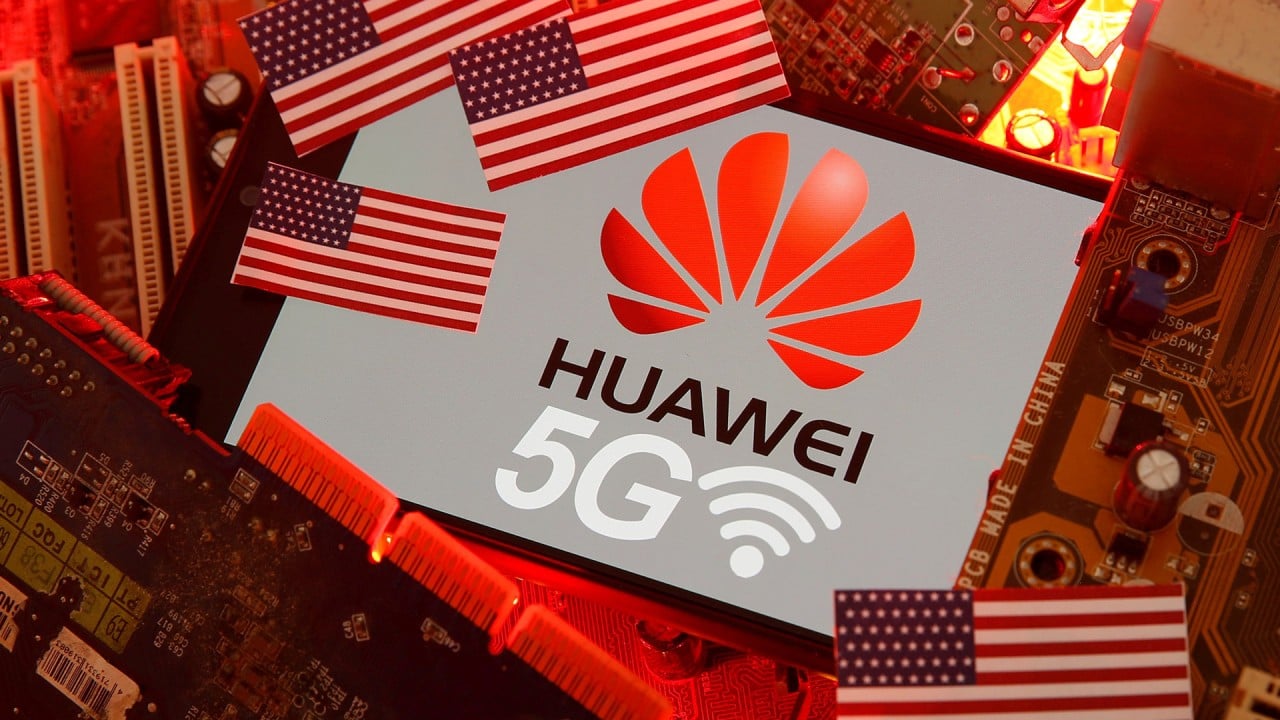Advertisement
Inside China Tech: chipping away at Huawei
- A new US rule threatens to derail Huawei’s advanced semiconductor development efforts
- It specifically targets the operations of chip design subsidiary HiSilicon
Reading Time:3 minutes
Why you can trust SCMP
0

Hello, This is Bien Perez from the South China Morning Post’s Technology desk, with a wrap of some of our leading stories this week.
Huawei Technologies, the world’s largest telecommunications equipment supplier, finds itself under renewed pressure after the Trump administration unveiled last week a new rule that would restrict the company’s ability to design its own advanced chips.
The US Commerce Department announced last week a new rule that would “target Huawei’s acquisition of semiconductors that are the direct product of certain US software and technology”.
While Huawei was still evaluating the impact of this US move, “we are confident in finding solutions soon”, said rotating chairman Guo Ping at the company’s global analyst summit held in the southern city of Shenzhen last Monday. He added, however, that “survival is currently the key word for Huawei”.
Washington’s new export control rule could make it the most damaging attack yet against China’s biggest technology company. It would block access for Huawei subsidiary HiSilicon to US chip design software and use of major contract chip makers, led by Taiwan Semiconductor Manufacturing Co.

05:22
Huawei founder on cybersecurity and maintaining key component supply chains under US sanctions
Huawei founder on cybersecurity and maintaining key component supply chains under US sanctions
The new restriction reflects momentum in the US government’s effort to decouple from China’s tech supply chain, as Washington officials and lawmakers raise concern that such ties could threaten America’s national security.
Advertisement